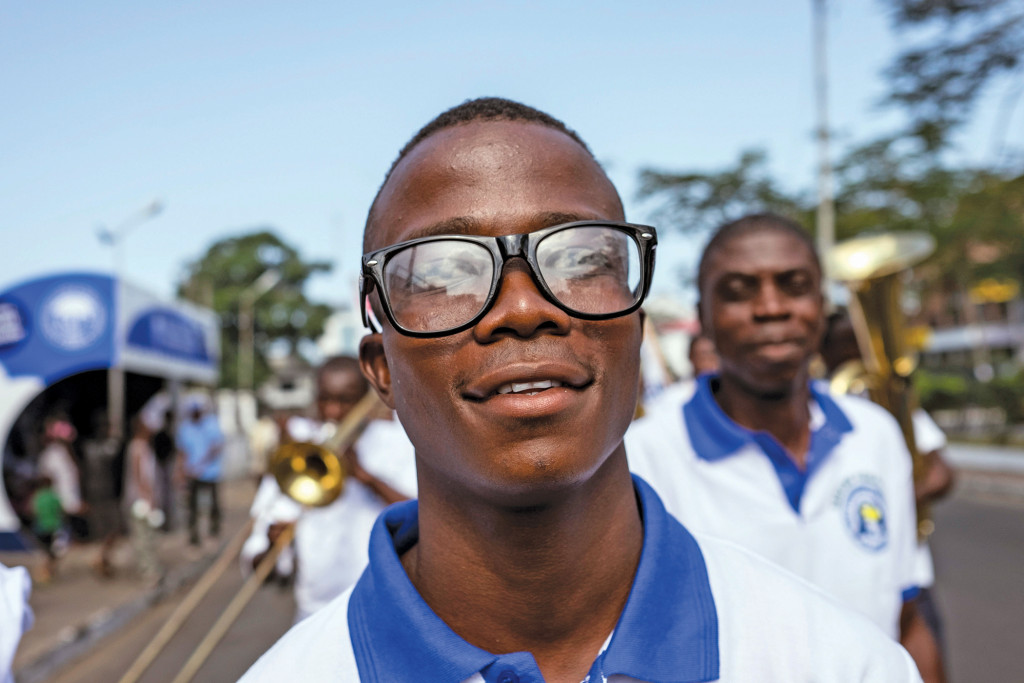VOICE OF AMERICA
At the height of the Ebola crisis in late 2014, social life in Liberia was at a standstill as people tried to avoid contact to keep themselves from catching the deadly virus.
But in March 2015, with the infection rate at zero for weeks, social life began returning to normal. Liberians were seen enjoying street food and sharing meals and drinks again. They crammed into public buses and cabs without worry. Popular beaches and nightclubs were again packed, and residents expressed satisfaction that social life had returned, even though the worries have not entirely faded.
“I think it is a time where we can come back and reflect and just enjoy the cool times we used to have with our friends out here,” said Derrick Tamba, a 28-year-old beachgoer.
Residents also flocked to churches, where chlorine for disinfecting hands remained in buckets at entrances. With curfews being lifted, Liberians have resumed going out at night.
At the end of 2014, places like the Exodus Bar in central Monrovia would have been closed at 9 p.m. on a Saturday. Fast forward to a Saturday night in March 2015, and it was filled with people who stayed until the early morning.
“After Ebola has subsided in Liberia, normal activities resumed and the excitement was too high,” said Isaiah Williams.
Ebola affected every aspect of social life, including relationships. Some patrons at the club said they still avoid shaking people’s hands, a habit acquired during the outbreak.

